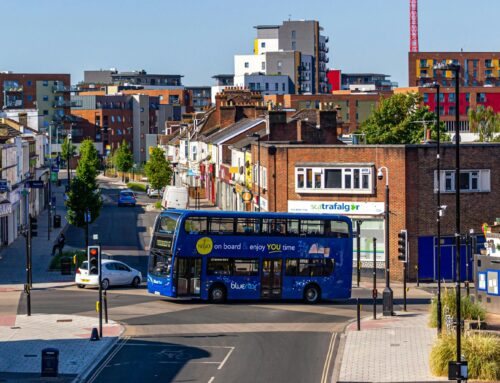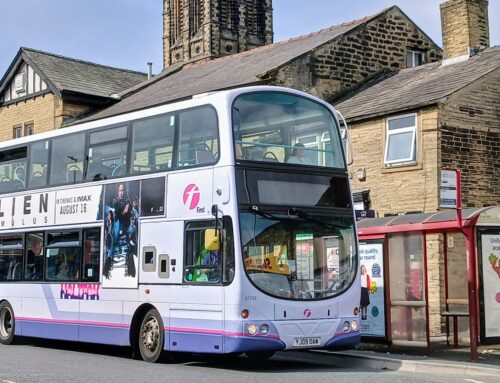Have you ever stopped to consider what your stance is on the role of artificial intelligence (AI) in such processes as the decarbonisation of road transport and the construction of low-carbon infrastructure? Whether your answer to that question is “yes” or “no”, it is clear that many key participants in the transport sector certainly have.
Indeed, it was recently reported by the Chartered Institution of Highways and Transportation (CIHT) that the organisation’s policy advisor, Isobel Wilson, had given a presentation at specialist events company Landor Links’ first Transport AI conference in Manchester on 23rd January 2024.
The event was attended by more than 200 transport professionals, despite the rain and travel disruptions brought by Storm Isha. Discussions were held on a variety of topics exploring the relationships between AI solutions and transport.
What were some of the issues of conversation at the Transport AI event?
The subjects that were touched upon by the transport-sector experts in attendance encompassed some of the most pressing issues facing the industry today, such as:
- How the business case can be made for AI
There was a feeling among several of those involved in the panel discussions that there was a need for AI innovators to engage with the public sector, to allow for challenges to be identified that AI could be useful in solving.
Attendees agreed that if this can be made a reality, it will help to make sure new technologies bring the greatest possible social value, in addition to creating even AI adoption on both the supply and demand sides of the equation.
- How public trust can be ensured
It was concluded at the conference, too, that successful transport use cases ought to be shared, to prove to the public that AI can be effective in boosting the efficiency, accessibility, cost-effectiveness, and environmental friendliness of transport.
The recently highly publicised Post Office scandal was also referenced by several speakers. This helped illustrate the importance of AI leaders making sure those who use the technology are protected, as well as how crucial it is for communities to be resilient to failures in AI.
- The question of what constitutes ‘ethical’ AI
There was certainly a philosophical angle to much of the debate at the conference, with questions being posed as to what could be considered “good” and “evil”. Attendees agreed that this is a particularly urgent matter to address if AI is to be used for behavioural change.
The use of data collection was talked about among the conference participants, too, especially in relation to the handling of personal data and the use of cameras to track the movement of traffic.
As for the CIHT’s own Isobel Wilson, she delivered a session on the topic of how AI can support decarbonisation. As part of her talk, she presented the organisation’s recent report on the role of data and AI, and provided the audience with an independent review of the AI solutions that are already being used in the industry for such purposes as encouraging modal shift, decarbonising road transport, and putting in place low-carbon infrastructure.
Taken together, the various presentations and discussions at the Transport AI conference adeptly illustrated the extent to which AI is already exerting a profound impact in the transport sector of the mid-2020s – and is therefore already of great relevance to transport consultants and their clients.
To learn more about the role our own transport consultants at Transport Planning Associates (TPA) could play in supporting the realisation and success of your own transport infrastructure projects, please don’t hesitate to reach out to your closest TPA office.





